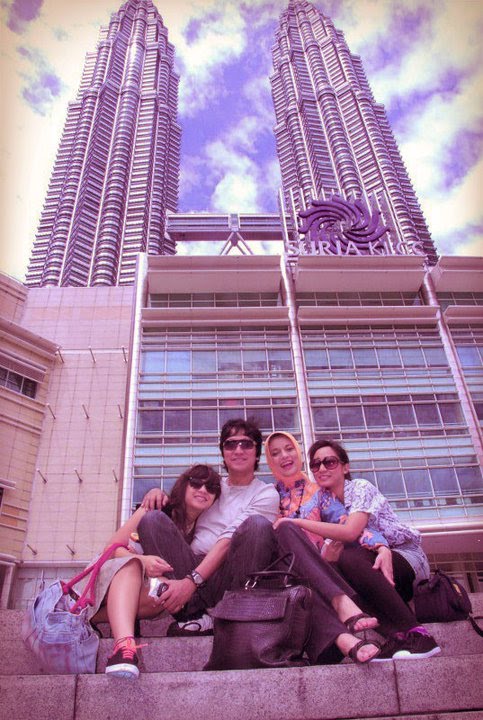(1) Task Oriented Behaviors
1. Organized work activities to omprove efficiency;
2. Plan short term operations;
3. Assign work to groups or individuals;
4. Clarify what results are expected for a task;
5. Set specific goals and standards for task performance;6. Explain rules, policies, and SOP;
7. Direct and coordinate work activities;
8. Monitor operations and performance;
9. Resolve immediate problems that would disrupt the works.
(2) Relation Oriented Behaviors
Mengimplementasikan Job Organisasi (Internal)
2. Express confidence that person or group can perform a difficult task;
3. Socialize with people to build relationships;
4. Recognize contributions and accomplishments;
5. Provide coaching and mentoring when appropriate;
6. Consult with people on decisions affecting them;
7. Allow people to determine the best way to do a task;
8. Keep people informed about action affecting them;9. Help resove conflict in a constructive way
10. Use symbols, ceremonies, rituals, and stories to build team identity;
(3) Change Oriented Behaviors
Visi ke Depan (Eksternal)
1. Monitor the external environment to detect threats and opportunities;
2. Interpret event to explain the urgent need for change;
3. Study competitors and outsiders to get ideas for improvements;
4. Envision, exciting, new possibilities for the organization;
5. Encourage people to view problems or opportunities in a different way;
6. Develop innovative new strategies, link the core competence;
7. Encourage and facilitate innovation and entrepreneurship in the
organization;
8. Experiment with new approaches for achieving objectives/goals;
9. Make symbolic changes that are consistence a anew vision or strategy;
10. Encourage and facilitate efforts to implement major change.










